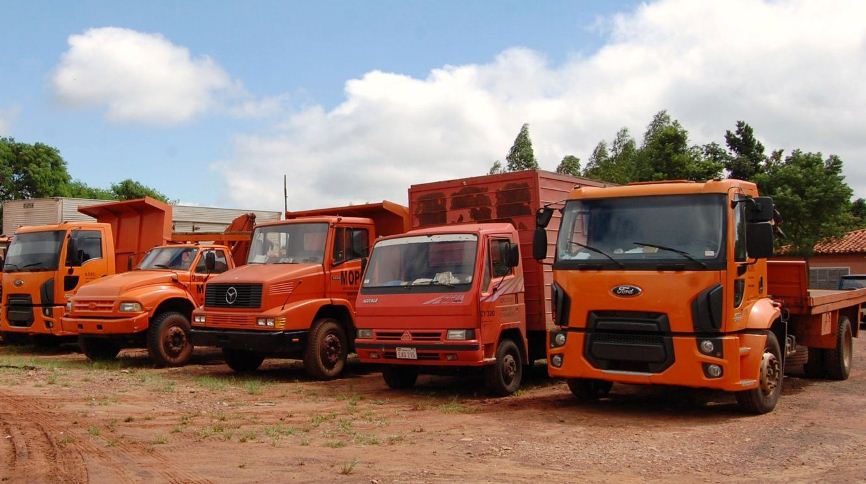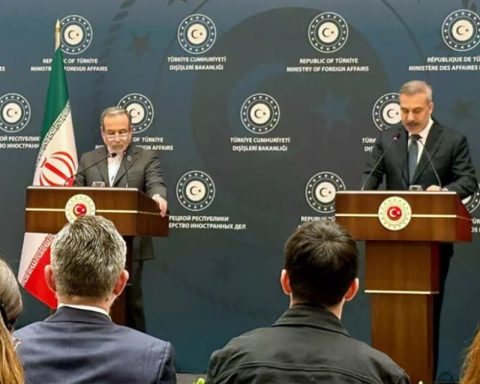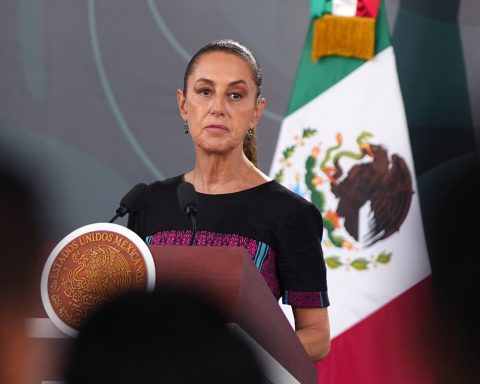The Ministry of Public Works and Communications (MOPC) will carry out a necessary acquisition of the fuel control and geo-referencing service for heavy vehicles, road machinery and light vehicles, through technological tools, whose public tender is under way.
Through the Vice Ministry of Administration and Finance, it is planned to start in 2023 by implementing a modern service that will allow it to reduce fuel theft events, and have a unified surveillance center at the central offices, from which all operations can be seen linked to the cost of fuel, as well as the location in real time of the road machinery destined to the ten road work fronts that work simultaneously.
It is intended, with this control service, to be able to centralize and audit the processes, as well as to make the allocation of logistical and operational resources more efficient for the various works in the field.
The anticipated investment is only a small fraction of the total annual fuel consumption, and the return in logistics efficiency and control will be of extremely considerable value.
Thus, Public Works and Communications will be in tune with other institutions at the national and regional level, regarding the application of technologies to maximize return and operational efficiency.
High sources of said portfolio commented that in recent times there was no relationship between consumption and the stock of its fuel tanks purchased from Petropar. They also added that there are machinery such as the asphalt plant that consumes a large amount of diesel.
“What we want to leave is an integrated fuel use control system integrating the GPS that we already have,” they commented.
There is no official estimated leak record at the moment, which is precisely why a tender is being carried out in the preventive control system in order to see where they stand and from there tighten the controls.
BUDGET
Public Works has a budget of around US$10 million a year for fuels, of which 10% could be diverted, it is assumed. In other words, a loss of US$ 1 million in fuel diversion per year.
Along these lines, they reported that all the tanks that will have “rings” – as used in the United States – have been changed and that with the integrated system there will be absolute control over the use of fuels. “Rather it is a preventive control system,” they said.
On the other hand, they reported that this month they paid some US$100 million of the debt that they owe to contractor companies and that the year will close with a debt of US$220 million.
“We have the money, but the Treasury must take care not to exceed the established 3% fiscal deficit,” they explained at the time of reporting that the balance will remain as a floating debt, which will probably be canceled before March, once the Treasury outlines its Plan. Financial.

















